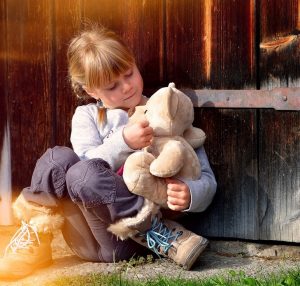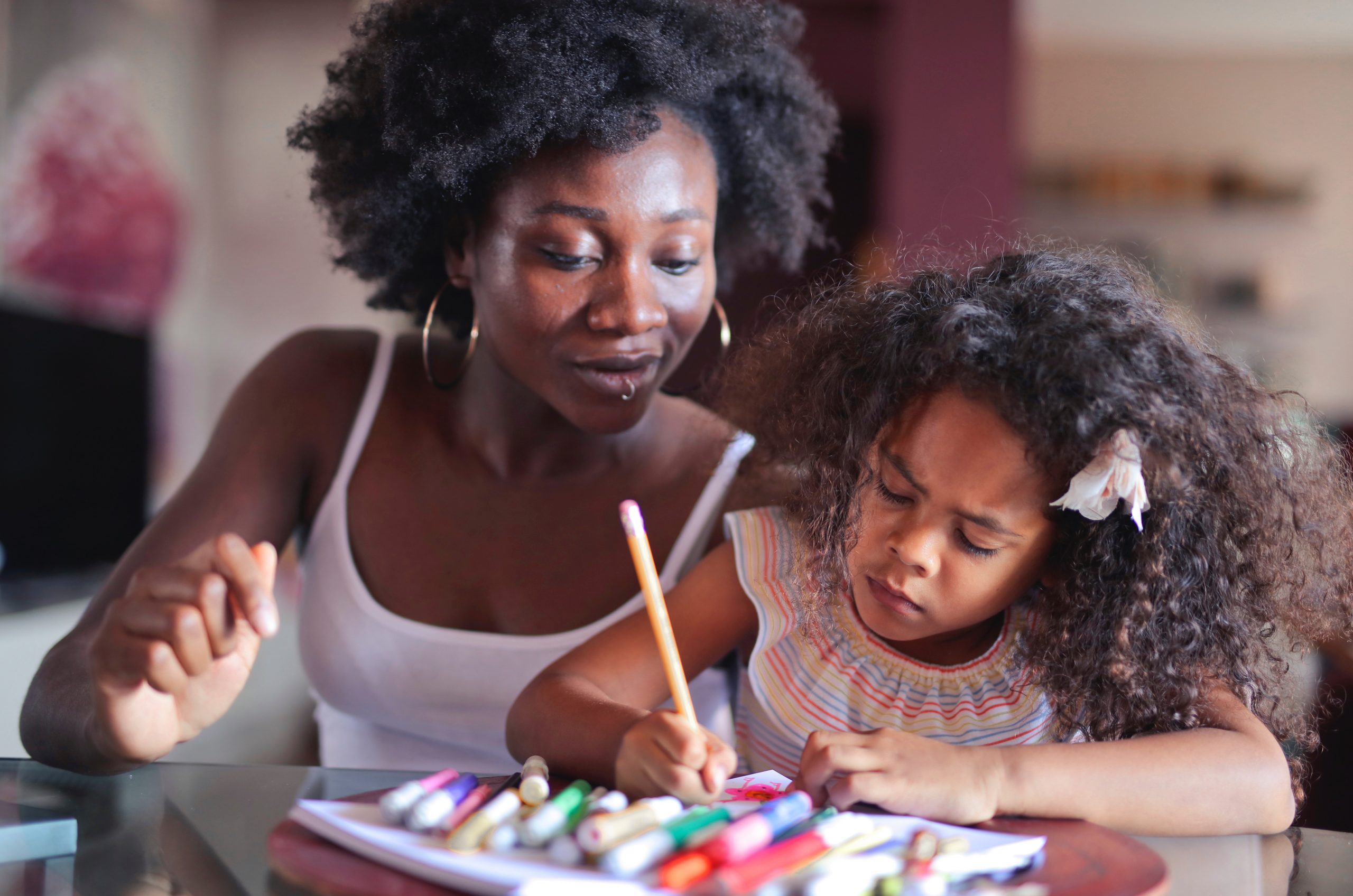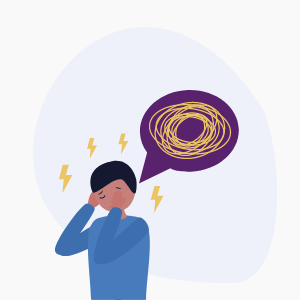How Will Social Isolation During COVID-19 Affect Our Kids?
 Kids are without playmates. Parents are disconnected from other adults who can help them cope. Loneliness may be amplified. There are myriad ways in which our national quarantine could affect kids but little research on it. The National Science Foundation is fast tracking grants to help researchers study these sorts of questions.
Kids are without playmates. Parents are disconnected from other adults who can help them cope. Loneliness may be amplified. There are myriad ways in which our national quarantine could affect kids but little research on it. The National Science Foundation is fast tracking grants to help researchers study these sorts of questions.
For younger kids, in particular, missing out on play with peers could take a toll. Play facilitates cognitive development, said James Coan, a psychology professor at the University of Virginia who studies the neuroscience of human connection. And yet “adults are not very good playmates,” he told me. “They are boring, they are impatient and they have other things to do.” Children who don’t have siblings, a category whose ranks have grown in recent decades, may be particularly vulnerable.
Through play and other peer interactions, children also develop social skills and a sense of morality, said Kenneth Rubin, a professor of human development and quantitative methodology at the University of Maryland. “Kids need peers,” he said. “One of the things about being stuck at home as a little kid is that you might not experience these essential interactive experiences that lead to the development of close relationships outside of the family.”
It’s not clear what difference just a few weeks or months of isolation will make. With any luck, social distancing will help halt the spread of the coronavirus and kids will be able to gradually return to their routines.
The coronavirus isolation could also affect kids by eroding their parents’ ability to cope, researchers said. One of the reasons kids can be challenging is because their prefrontal cortexes aren’t developed, so they aren’t able to regulate their emotions, noted Coan. Parents have to help children do that work of emotional regulation, which can be exhausting.
Deprived of access to larger networks, parents must support each other, he said. Single parents also need to try to find ways to take breaks from parenting to the extent possible.
An only child, or a child who doesn’t get along well with siblings, may be more vulnerable than a kid who has a sibling playmate. Children of anxiety-prone, socially isolated parents may be more vulnerable than kids of parents who are skilled at helping each other cope. Kids who were lonely before the pandemic, and already felt that the world was against them, may be struggling more acutely now.
“Yes, social isolation can generate loneliness, and loneliness can be bad for mental health and wellbeing,” said Jay Belsky, professor of human development at the University of California-Davis. “But first that’s not going to apply to all children because some are more susceptible than others, and social support from others can temper some of those risks.”
Virtual connections can also mitigate isolation, but not all kids have access to Wi-Fi and other tools that enable them to connect with their friends and extended family. Still, Belsky said, “We don’t want to catastrophize.” Kids, and parents, have all sorts of ways of compensating for loneliness. It will be a long time before we know the effects of this unprecedented period of isolation.
Excerpted from “How Will Social Isolation During COVID-19 Affect Our Kids?” in MindShift. Read the full story.
Source: MindShift | How Will Social Isolation During COVID-19 Affect Our Kids?, https://www.kqed.org/mindshift/55729/how-will-social-isolation-during-covid-19-affect-our-kids | © 2020 KQED INC
Do you have concerns about your child? To schedule an evaluation or to get advice, call or email a CHC Care Manager at 650.688.3625 or careteam@chconline.org





